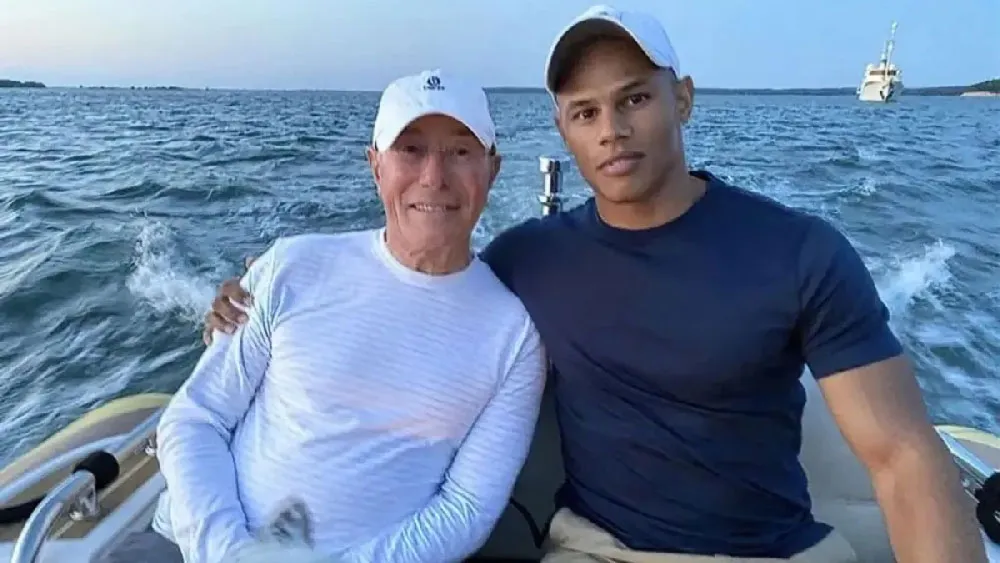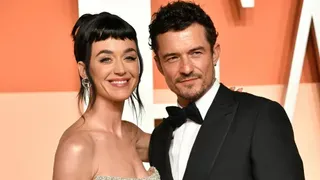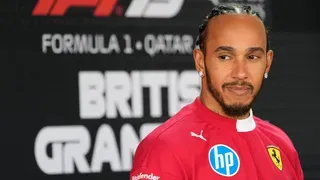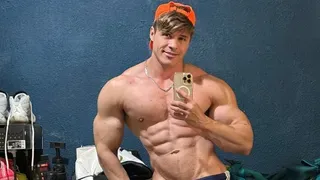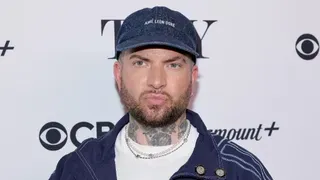August 30, 2014
Defining Family :: To Choose or Not to Choose
Kilian Melloy READ TIME: 3 MIN.
Family has historically been an elastic term for the LGBT community, partially due to the fact that for many years being LGBT was enough to get you expelled from your birth family. Indeed, for many, our most brutal confrontations with homophobia happened in the family setting.
That often-universal experience of rejection from our families of origin, created what has been referred to as a "family of choice" for many LGBT people. Historically, we created a patchwork of love and support from friends, lovers and ex-lovers that served as a support system and source of love that theoretically, birth families were supposed to provide. There is even a representative saying in our community: "She/he is family" -- meaning that the individual is LGBT, and therefore belongs to our larger LGBT family.
This ethic of inclusion and privileging of love not tied to blood relations has slowly been eroding in the LGBT community, particularly among people who fall under the moniker of "Generation Y." This group, of which I am a member, is younger, typically early 20s to mid-30s and are the beneficiaries of the decades of struggle in which our LGBT elders engaged.
Many of us came into a world in which LGBT people were represented in elected office, on television, in books and in school curriculums. Many are young professionals who have become accustomed to serving openly in the military and to marrying our partners, husband and wife are terms we can now throw around casually. Many are able to return home for the holidays to our families of origin because our elders and organizations like PFLAG (Parents and Friends of Lesbians and Gays) fought hard for the love and support their LGBT family members deserved.
Though this progress is amazing, and we must celebrate these steps toward freedom and inclusion, progress has not been felt by everyone -- a fact that creates unevenness in how LGBT people experience these historic advances.
I am a 25-year-old who grew up in Colorado Springs, CO, a place in which my father was a Baptist minister. Hate crimes were not uncommon, open hostility to LGBT people was typical and most of us were rejected by our families. I often find, given those circumstances, that I have more in common with 50 and 60-year-old gay men regarding such homophobia. When I sit with LGBT friends my age who grew up in certain parts of California, I am baffled when they say that they are going home for the holidays, or their parents or siblings are coming to Pride, or that they enjoy spending time with family, an experience that stands in stark contrast when I am with older gay men whose remarks are more like "Family is overrated," and whose commonplace feeling is that friends are just as, if not more, important than birth family.
Among LGBT people my age there is a growing portion who place a higher value on blood family than we do our friends. While this sentiment may not be expressed verbally, it is obvious through our actions. There is nothing inherently wrong with being close to blood family, but as LGBT people we must be conscious of the fact that this is not how many have experienced their families. For those individuals, friendship provides everything that family doesn't. Indeed, for people like me, friends become family. For Generation Y, the difference in how LGBT people experience family is more pronounced than it has been in previous generations. There are a growing number who can experience family in similar ways to heterosexuals if they choose to do so. Yet, there is still a large portion of us who depend on our friends to be our family.
The challenge for my generation will be to ensure that there is space and support for both sets of experiences. We should certainly celebrate when families of origin love and support their LGBT members, but we must also stay true to our beautiful tradition that allows family to be a radically inclusive term. I encourage my fellow Gen Y members to work hard to create a beautiful blend between families of origin and our chosen families. Be mindful of the importance of friendship, historically and presently, for many of us in the LGBT community.
Kilian Melloy serves as EDGE Media Network's Associate Arts Editor and Staff Contributor. His professional memberships include the National Lesbian & Gay Journalists Association, the Boston Online Film Critics Association, The Gay and Lesbian Entertainment Critics Association, and the Boston Theater Critics Association's Elliot Norton Awards Committee.
